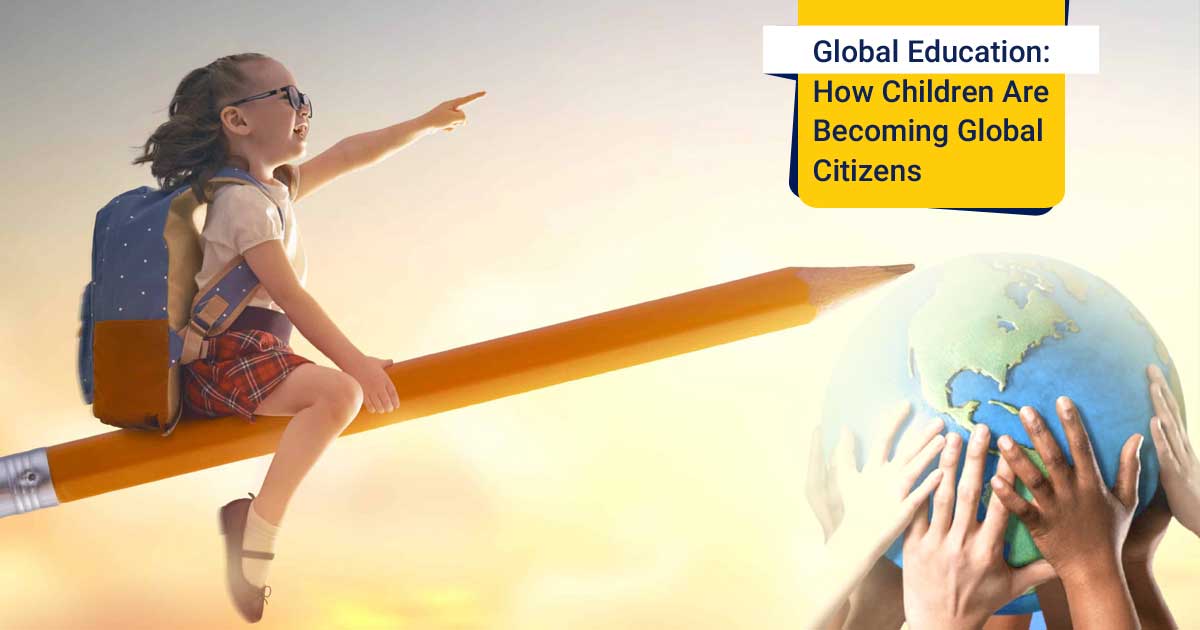

Socrates said a long time back,
“I am a citizen, not of Athens, or Greece, but of the world.”
According to him, citizenship has always inculcated in us a sense of belonging to the community; he believed in the human race as a community as a whole not restricted by the barriers of countries and language sharing the responsibilities of creating a better world. The concept of Global citizenship as advocated by UNESCO is an umbrella concept that encompasses the socio-political, environmental, and economic actions of similar-minded individuals across the globe. Global citizenship refers to someone who recognized himself to be a part of the emerging world and can positively contribute to making the world a better place.
There are numerous instances in human history where we have come together as a community helping each other in crisis sharing similar values. The pandemic was a great instance of how we faced the crisis together as a community ignoring the barriers of the countries and language. The world today has lesser physical and communication barriers, hence, there is more scope of global engagement which is carving a sense of belonging to a greater world community.
Global Education Grooms Students to be Better Individuals
When school educates their students in global pedagogy, they gradually evolve to become responsible citizens making productive contributions to the world as a community. Here are the three most prominent ways in which your kid will grow to be a global citizen.
Educating students in Global Education
Educating students with a global mind-set should be an indispensable part of the curriculum to inculcate in them a feeling of belonging to the greater world, especially when the world is getting closer with lesser physical and communication barriers. Students learn about concepts of global finance and issues of economic inequality, etc. in their economics class. The history class on the other hand educates students about the diversity of identities and cultures of human history, revolutions that brought communities together. The curriculums of environmental science and general science teach them methods of sustainable living and sustainable resource development. The humanities course teaches them the skill of communicating with different languages, understanding their cultures and their beliefs. Modern-day schools now have pedagogy based on global concepts that help students to become successful learners and broad-minded individuals, who can make effective contributions to make the whole world a community.
Recent Blogs
Site Designed and Maintained By : Office of Communications, JAIN Group All rights reserved.